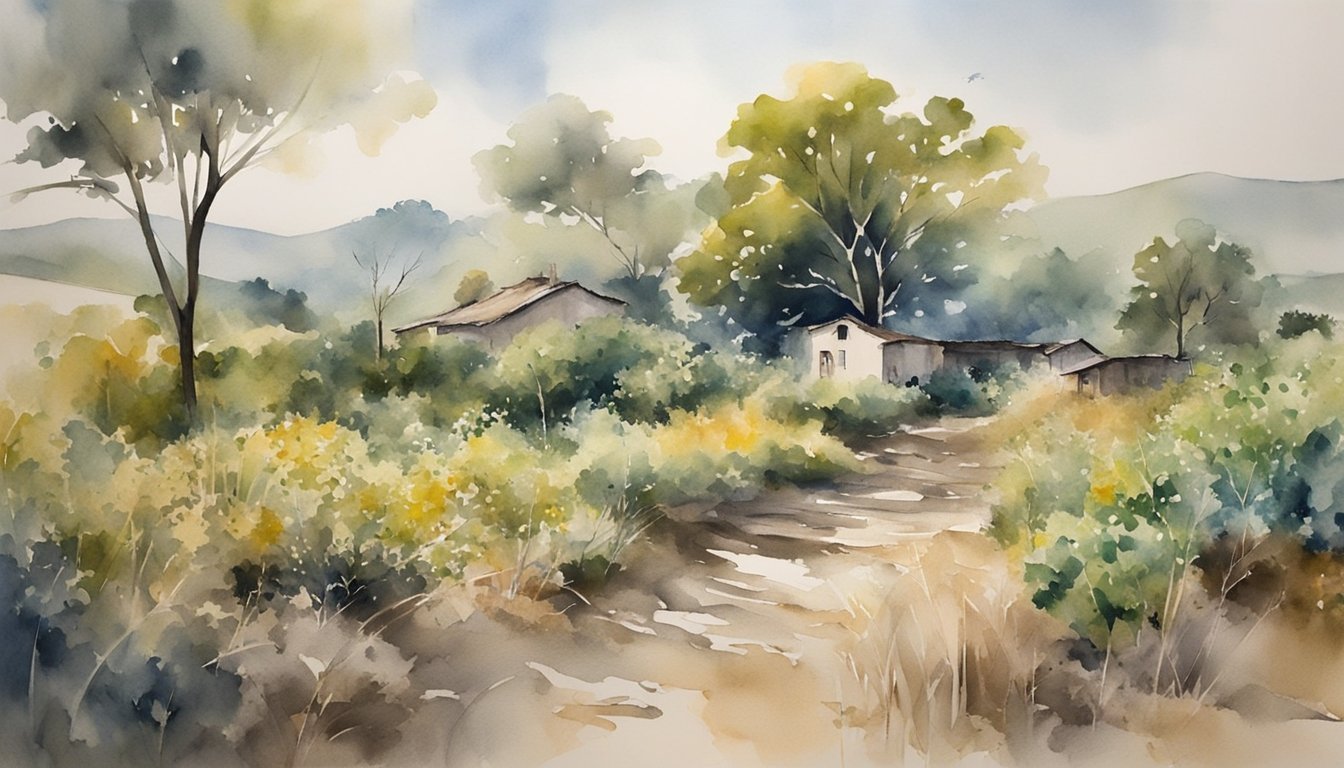Historical Overview of Colonization
The history of colonization traces the often contentious and transformative impacts of foreign settlement and control over various regions globally.
Ancient and Medieval Colonization
Ancient powers like Phoenicia established colonies throughout the Mediterranean and Middle East, extending their trade networks and cultural influence. The Greeks and later Romans similarly established colonies throughout the Mediterranean, including in North Africa. In these early forms of colonization, the primary focus was often on establishing trading outposts.
European Colonization
The modern period of European colonization began with Christopher Columbus‘s voyage in 1492, which was followed by rapid Spanish and Portuguese expansion into the Americas, parts of Asia, and eventually Africa. The Netherlands and England, which later became Great Britain, also heavily participated in establishing colonies in these regions. This era was marked by the “Scramble for Africa” in the 19th century, where several European powers competed for control of the African continent. This included nations like Belgium, which established a particularly brutal colonial regime in the Congo.
Colonial Control and Imperialism
Colonialism was characterized by the control one nation exerted over a foreign territory. The British Empire became the largest of its kind, with colonies including India, Australia, New Zealand, and regions in Africa and the Americas. With the industrial revolution, these colonies often provided raw materials for European nation industries and markets for their products. Power dynamics in these regions favored the colonizers, often to the detriment of indigenous populations.
Independence and Decolonization
Many colonies sought independence after World War II, with movements emerging across Asia, Africa, and elsewhere. The American Revolution was a pivotal event leading to the formation of the United States. India gained independence from Britain through nonviolent resistance, while in other regions like Algeria and Kenya, violent struggle was a path to decolonization. The process of decolonization reshaped the global political landscape, leading to the establishment of new nations and a shift in international relations.
These historical processes were complex and varied widely between regions, shaped by the interests and interactions of the involved entities.
Impact and Legacy of Colonization

The colonization period produced pronounced shifts in cultural identity, economic systems, and social structures that still reverberate in today’s global societies. The effects of colonization are etched deeply in the fabric of nations and their peoples.
Cultural and Social Dynamics
The imposition of a colonizer’s culture disrupted the social fabric and indigenous cultures across continents. In areas such as North America, colonization led to significant erosion of Native American languages and traditions. As European powers established control over the New World, the integration of different societies under colonial rule often sparked conflict, and over time, led to the creation of new, hybrid cultures. Colonizers, such as the Portuguese in Madeira and the Dutch in Indonesia, often applied a policy of religious conversion and enforced learning of new languages.
Economic Effects and Exploitation
Colonial powers, seeking wealth and resources, exploited colonies, often through forced labor and unfair trade. Colonies became sources of raw materials like sugar in the Caribbean, gold and tobacco in the Americas, which were exported to enrich home countries. Settler colonialism in places like Australia and the U.S. was driven by the pursuit of land and wealth, often at the cost of indigenous populations. These acts of exploitation formed the backbone of global trade systems and the rise of capitalism.
Postcolonial States and Societies
After gaining independence, postcolonial states faced the challenge of establishing stable governments and sustainable economic systems. The institutions formed during colonial times often persisted, influencing the political and economic realities of former colonies. For many countries in Africa, Asia, and the Americas, achieving a balance between traditional societal norms and the remnants of colonial administration has been a complex task.

